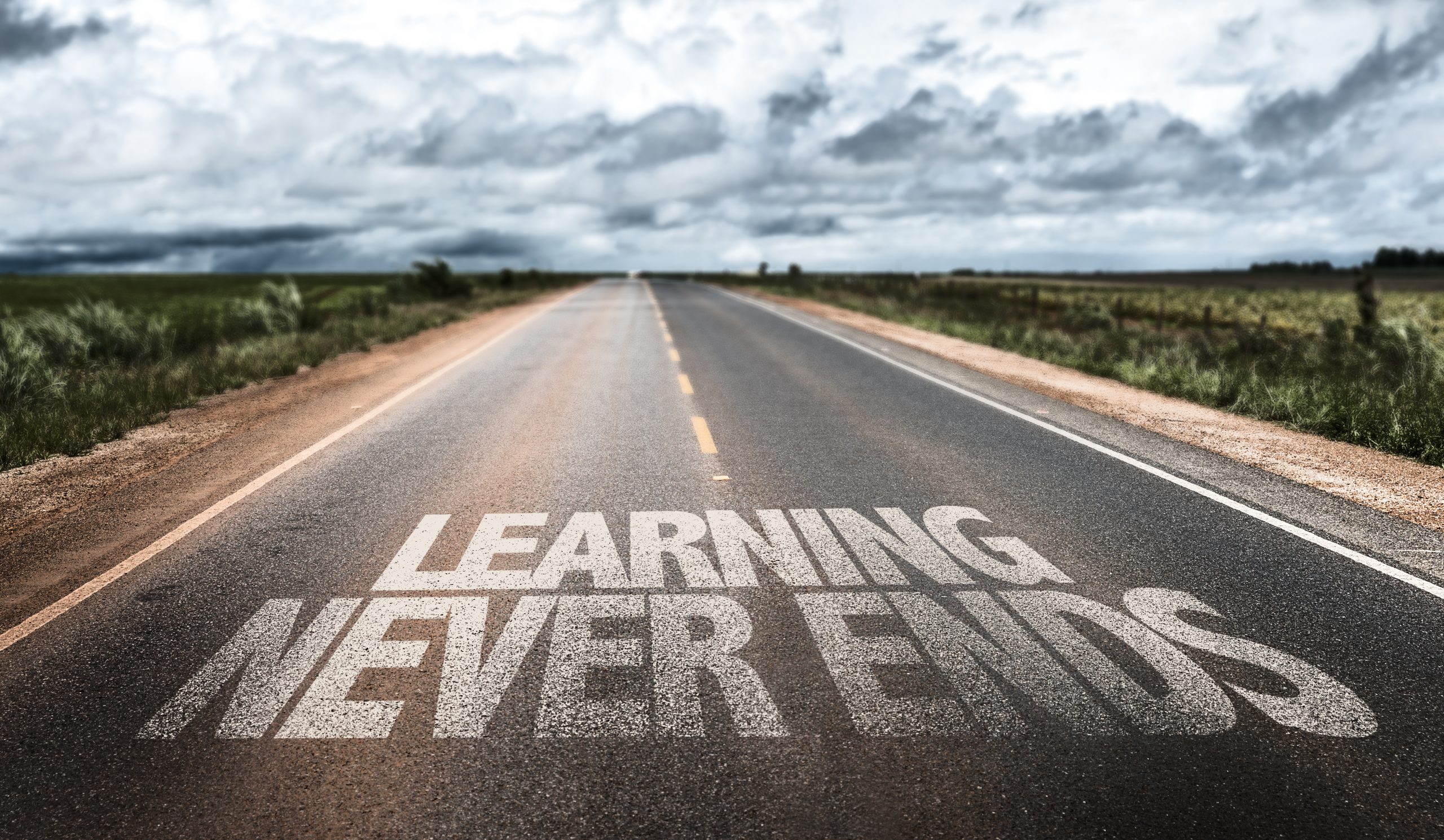I punched the four-digit code into a little metal box on a pole by the side of the dirt track and sat waiting for what seemed like several minutes while the electronic gates slowly opened, all the while trying to keep my mind free of any insecure, negative thoughts. I’d made this trip so many times before through the ancient Hertfordshire woodland that I swear my car could have got there on its own, but this morning was different. This morning I’d decided on a new approach.
After several minutes winding my way up the long drive in a suitably low gear, a curious herd of deer charting my progress from underneath the shade of some trees, I reached the top of a gentle incline and the familiar, wonderfully ornate fifteenth century Gothic Manor House loomed up ahead. Knebworth House has been a regular venue for most of my training sessions these past few years. The setting is idyllic, far enough away from the ‘real’ world of traffic cones, shopping centres and industrial estates to put my students into a tranquil, receptive frame of mind, even before the teaching begins.
Some time later, having welcomed everyone, chatted with them over coffee and got them seated, I stood before them, ready to embark on the first day of a three-day retreat instructing them in the understanding that is the Three Principles. I looked across at the bone-white paper of my flip chart. Nothing there to help me with my opening address, but that was how I’d planned it. No notes, no script, no agenda, just me and these lovely, smiling, trusting people, looking up at me, waiting for me to speak.
I had no clue as to what I was going to say.
“Hi everyone … how are you all doing?”
If you’ve spent any time with me you’ll know that I have a terrible habit of breaking off a conversation by suddenly pulling out my phone to trawl through Wikipedia or some other site for a nugget of information that’s of absolutely no interest to anyone but me. I guess a Freudian perspective would put it down to that same old insecurity about my lack of formal education, (did I mention my lack of formal education?) but the fact is I can’t stand ‘not knowing’. That hunger for facts, while no doubt a little annoying for those who have to witness it, has actually served me pretty well in my professional life. I was never a boy scout but if I had a motto for business purposes it would be ‘Be Prepared’. Of course! Why risk looking dumb when you’re supposed to be the man in charge, the one with all the answers? Isn’t teaching about earning the respect of your students by knowing more than they know?
No, as it turns out, it isn’t.
If there’s one very valuable lesson that the Principles have taught me, (and there are many), it’s the value of listening. That means having no agenda, other than a desire to share something of your own understanding, and you can’t do this if you’re trying to remember a script, or if your head is bursting with facts and figures. I had got it wrong all those years. It turns out that if you want to be a good teacher, the way to win your students’ respect is first and foremost to listen to them.
You will find this quality of stillness in all the great teachers from Sydney Banks onwards, the ability to stay in the moment. After all, if the Principles can’t be understood with the intellect, then how can they be taught that way? A typical lecture (which I’m quite sure is the wrong word) on the Principles given by, say, Chip Chipman, Elsie Spittle or George Pransky will have an umbrella title such as ‘Dealing with stress’ or ‘How to have a better relationship’, but the central problem being addressed soon broadens out into a wider understanding of how we experience reality. Why is this? Because the Principles create every aspect of our experience, every moment of every day.
I don’t remember what I said to those people at Knebworth, and anyway it doesn’t matter. All I know is that the retreat was a success. So here’s my question: if this very open approach is true of the Principles, could it be true of all other forms of teaching?
Should we, in fact, be doing less teaching and more listening?

